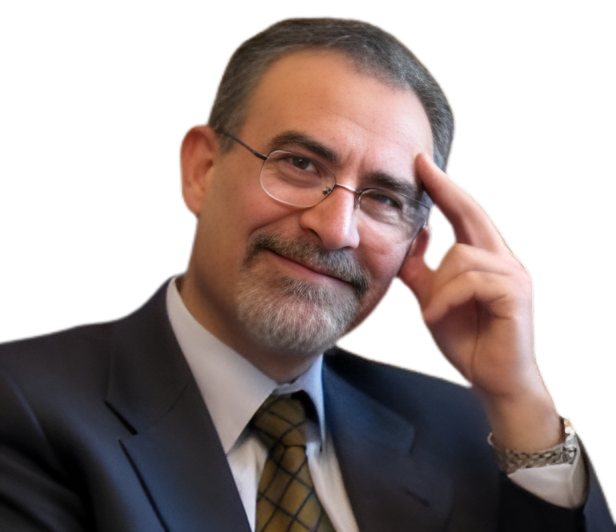Overview:
The Conferences and Seminars Committee is a vital arm of the Union of Afro-Asian Universities (UAAU), entrusted with the responsibility of conceptualizing, organizing, and executing high-caliber academic events that facilitate knowledge exchange, foster interdisciplinary dialogue, and stimulate collaborative research. This committee is dedicated to creating platforms where scholars, policymakers, industry leaders, and other stakeholders convene to deliberate on critical issues, share pioneering ideas, and develop strategies that advance higher education and sustainable development across regions.
The committee meticulously curates a diverse array of conferences, symposia, seminars, and workshops—ranging from large-scale international summits to specialized roundtable discussions—designed to address both emerging trends and perennial challenges in the global academic landscape. Through these events, the committee endeavors to bridge cultural and disciplinary divides, promote mutual understanding, and catalyze transformative change within the higher education sector.
Leadership

Prof.Dr. Nour El-Din Mona
Head of the conferences and seminars committee
Syrian Minister of Agriculture
Mission:
To elevate the quality of academic discourse and foster a global community of learning by organizing impactful conferences and seminars that serve as catalysts for innovation, policy development, and strategic partnerships across Africa, Asia, and beyond.
Vision:
To be recognized as the preeminent organizer of scholarly events that shape global academic trends, inspire collaborative research, and drive the advancement of higher education practices, ultimately contributing to the realization of a more interconnected, informed, and sustainable world.
Core Values:
- Excellence: Commitment to delivering meticulously planned and executed events of the highest academic and professional standards.
- Innovation: Embracing creative approaches and leveraging cutting-edge technologies to enhance the quality and accessibility of our events.
- Inclusivity: Ensuring that our conferences and seminars represent diverse perspectives and foster a culture of open, respectful dialogue.
- Collaboration: Promoting strong partnerships with academic institutions, industry leaders, and international organizations to enrich content and expand our global reach.
- Integrity: Upholding transparency, accountability, and ethical practices in all aspects of event management and stakeholder engagement.
Strategic Objectives and Initiatives:
1. High-Impact Event Planning
- Comprehensive Research and Theme Selection: Conduct rigorous analysis to identify emerging issues, trends, and challenges within the academic and global development sectors.
- Expert Curated Agendas: Develop event agendas in collaboration with distinguished scholars and industry experts to ensure relevance and thought leadership.
- Innovative Format Design: Implement modern, interactive formats—such as hybrid and virtual models—to maximize engagement, participation, and knowledge dissemination.
2. Global Knowledge Exchange
- Interdisciplinary Dialogues: Facilitate sessions that encourage cross-sectoral and cross-disciplinary conversations, fostering a holistic understanding of complex global challenges.
- Networking and Partnership Opportunities: Design events that create opportunities for strategic networking, enabling participants to establish long-term collaborations and partnerships.
- Dissemination of Outcomes: Ensure that key insights, policy recommendations, and research findings are widely disseminated through publications, digital platforms, and media outreach.
3. Capacity Building and Professional Development
- Training and Workshops: Organize targeted training sessions and workshops to enhance the skills of academic professionals, administrators, and researchers in contemporary event management and crisis communication.
- Mentorship Programs: Establish mentorship initiatives that connect emerging scholars with established experts, fostering professional growth and intellectual exchange.
- Evaluation and Feedback Mechanisms: Implement robust evaluation frameworks to gather participant feedback, assess event impact, and continuously refine future initiatives.
4. Policy Advocacy and Strategic Influence
- International Forums: Host high-level international forums that bring together policymakers, academic leaders, and global organizations to discuss and shape education policy and research agendas.
- Collaborative Research Projects: Support collaborative research initiatives that emerge from conference discussions, enabling participants to further explore and address issues discussed during events.
- Advocacy for Educational Excellence: Leverage event platforms to advocate for innovative policies and practices that enhance academic standards and contribute to the broader goals of sustainable development.